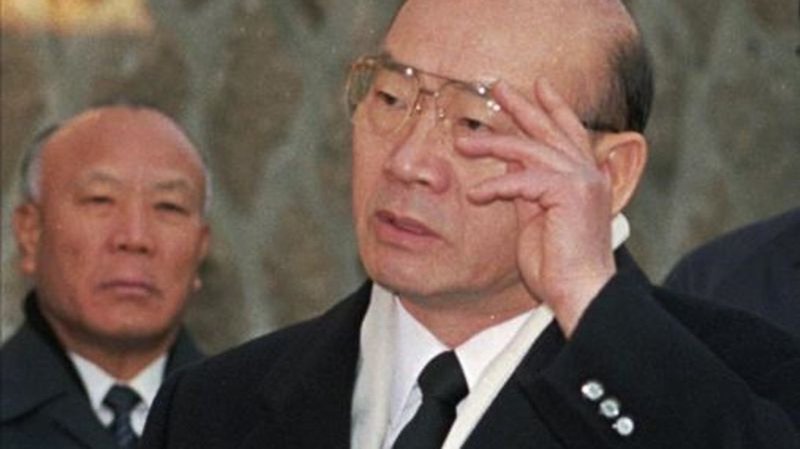
Ex-South Korean strongman Chun Doo-hwan dies at age 90
SEOUL, South Korea (AP) — Former South Korean military strongman Chun Doo-hwan, who took power in a 1979 coup and brutally crushed pro-democracy protests before going to prison for misdeeds in office, died on Tuesday. He was 90.
Emergency officials said Chun died at his home. Police earlier said Chun suffered a cardiac arrest and emergency officials rushed to his Seoul residence.
Hundreds of pro-democracy protesters were killed and tens of thousands were imprisoned during Chun’s presidency in the 1980s, but he allowed some liberalization after years of authoritarian rule. Under public pressure, he allowed the first direct and free election in the nation’s history.
Facing massive criticism after he left office in 1988, Chun took refuge for two years in a Buddhist temple before being arrested. He was tried for corruption, mutiny and treason and was sentenced to death upon conviction. He was pardoned in 1997 in a bid for national reconciliation.
